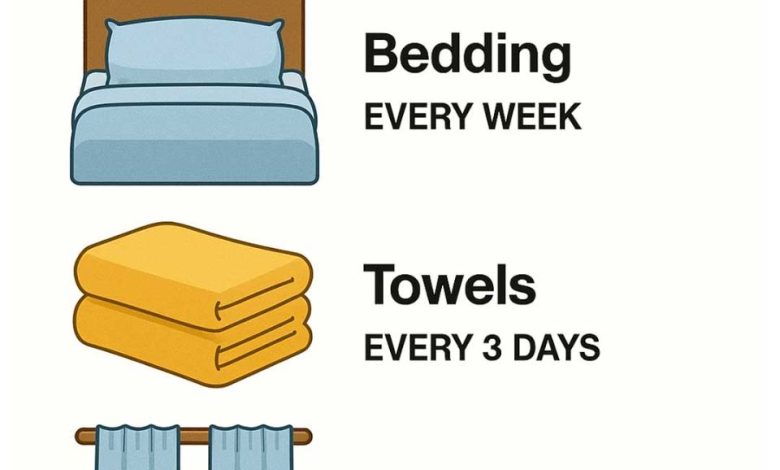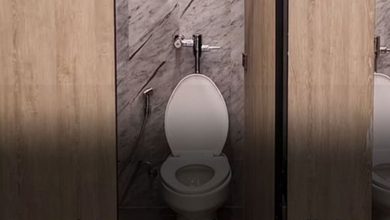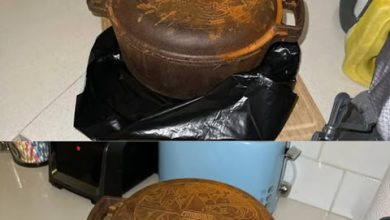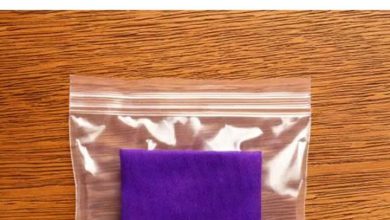Most do this wrong. Here’s how often to refresh everything

In our busy lives, it’s easy to forget about how important it is to regularly clean and replace everyday items in our homes. Many people don’t know how often they should replace or clean common household goods. This can lead to things not working as well, hygiene problems, and even health risks. Knowing the right time to refresh these items can make your life better and create a healthier living space.
From the sheets you sleep on to the air filters that keep your home fresh, every item has its own suggested time for when it should be refreshed. This guide will help you understand the best times to refresh various household items, making sure your home stays clean and healthy.
Your Home Refresh Schedule
1. Bedding: Clean Every Week
Your bedding, which includes sheets and pillowcases, should be washed every week. This is because they can gather sweat, body oils, and dead skin cells, creating a perfect spot for dust mites. Washing your bedding in hot water, at least 130°F (54°C), can help kill dust mites and get rid of things that cause allergies. Regularly cleaning your bedding not only helps with hygiene but also leads to “a more restful sleep.”
2. Towels: Clean Every 3 Days
Towels are used daily and can quickly become places where bacteria grow because they are often damp. It’s suggested to wash bath towels every three days to stop bacteria and mold from growing. Use hot water and a good soap to make sure they are thoroughly cleaned. Hand towels, which are used more often, might need to be cleaned even more frequently, especially in a shared bathroom.
3. Curtains: Clean Every 6 Months
Curtains can collect dust, allergens, and smells over time, especially if windows are often open. To keep your home clean and fresh, it’s a good idea to wash or dry clean your curtains every six months. If your curtains can be washed in a machine, use a gentle cycle with cold water to prevent them from shrinking. For heavier or more delicate fabrics, you might need professional cleaning.
4. Pillows: Replace Every 1 to 2 Years
Pillows can hide dust mites, mold, and bacteria, which can affect your health and how well you sleep. It’s suggested to replace pillows every one to two years, depending on what they’re made of and how much they’re used. In between replacements, washing your pillows every three to six months can help keep them fresh. Make sure to follow the care instructions, as some pillows can be machine washed while others might need to be spot cleaned.
5. Toothbrush: Replace Every 3 Months
Toothbrushes are very important for keeping your mouth clean, but they can become less effective over time as the bristles wear out. Dentists recommend replacing your toothbrush every three months, or sooner if the bristles start to fray. Also, if you’ve been sick, it’s a good idea to replace your toothbrush to avoid getting sick again.
6. Kitchen Sponges: Replace Every Week
Kitchen sponges are well-known for holding bacteria because they are constantly exposed to food bits and moisture. To stop the spread of germs, it’s best to replace your kitchen sponge every week. In between replacements, you can clean sponges by microwaving them for one minute or soaking them in a bleach solution for five minutes.
7. Air Filters: Replace Every 3 Months
Air filters in your home’s heating and cooling system are very important for keeping the air quality good inside. Over time, they can get blocked with dust, pollen, and other particles, making them less efficient. It’s suggested to replace air filters every three months, or more often if you have pets or allergies. Replacing them regularly helps ensure good airflow and saves energy.
8. Makeup Brushes: Clean Every Month
Makeup brushes can collect oils, bacteria, and leftover product, which can lead to skin irritation and breakouts. To keep your skin healthy, it’s important to clean your makeup brushes at least once a month. Use a gentle brush cleaner or a mix of mild soap and water, and let them air dry completely before using them again.
9. Refrigerator: Deep Clean Every 3 Months
Your refrigerator is a key appliance for storing food, and keeping it clean is vital for food safety. A deep clean every three months helps remove spills, old food, and smells. Start by emptying the fridge, then clean shelves and drawers with warm, soapy water. Don’t forget to wipe down the door seals and the outside as well.
10. Smoke Detectors: Test Monthly, Replace Batteries Annually
Smoke detectors are essential for home safety, and making sure they work correctly is crucial. Test your smoke detectors monthly by pressing the test button to ensure they are working. Replace the batteries at least once a year, or right away if you hear the low-battery chirp. It’s also a good idea to replace the entire smoke detector every 10 years.
11. Water Filters: Replace Every 6 Months
Water filters help remove impurities and make your drinking water taste better. Over time, they can become less effective as they gather contaminants. To make sure your water stays clean and safe, replace your water filters every six months, or as directed by the manufacturer. This applies to both refrigerator water filters and those in separate water filtration systems.




